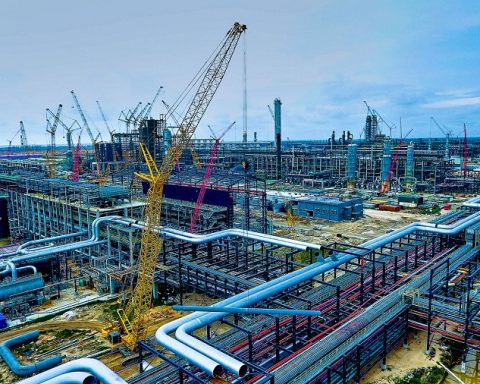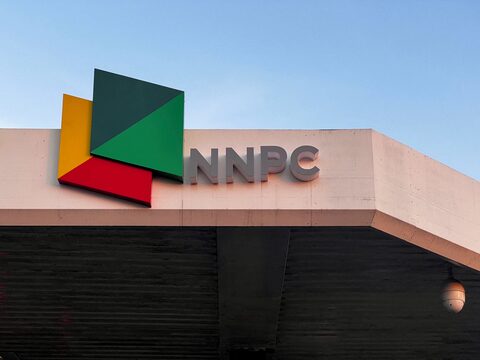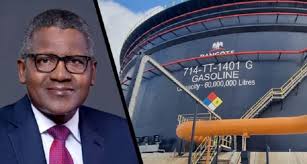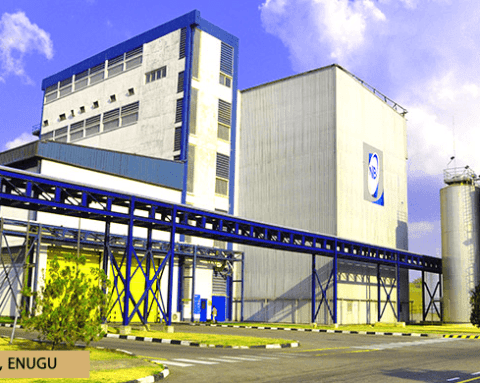Dangote Petroleum Refinery has said its nationwide petrol and diesel distribution initiative is expected to save the Nigerian economy an estimated N1.7 trillion annually.
The company disclosed that it has invested over N720 billion to implement the landmark initiative of deploying 4,000 Compressed Natural Gas (CNG)-powered trucks for free distribution of petroleum products across the country.
Join our WhatsApp ChannelPrime Business Africa reports that the 650,000 barrels per day refinery recently announced its decision to deploy not less than 4,000 CNG-powered trucks for the distribution of refined petroleum products nationwide for free, starting from 15 August, thereby addressing logistical challenges faced by marketers.
Aside from CNG trucks, the company is also investing in the establishment of a network of CNG stations nationwide.
The gesture, according to industry stakeholders, is a big shift that will hopefully improve economic stability and further overhaul the country’s energy landscape.
In a statement posted on its X handle, Dangote refinery said it aims to meet Nigeria’s daily consumption of 65 million litres of refined petroleum products. This includes 45 million litres of Premium Motor Spirit (PMS), 15 million litres of diesel, and 5 million litres of aviation fuel.
Highlighting the benefits of the initiative, Dangote refinery noted that lowering fuel distribution costs will help to significantly reduce production costs for businesses, ease inflationary pressures, and stimulate economic growth.
It said the initiative will completely eliminate perennial fuel scarcity, making the products available and also entrench uniform pricing/reduction in pump price.
Unlike before, when there were cases of adulterated fuel, the company said the current system ensures consistent availability of high-quality refined products across the country, thereby stabilising the energy market and rebuilding public trust in Nigeria’s energy infrastructure.
It also pointed out that before it commenced operations, Nigeria’s inflation had surged to a high of 33 per cent, with energy cost contributing significantly to it, but has now dropped to about 23 per cent.
Other benefits of the initiative, it added, include reduction in energy cost through elimination of transport cost, reviving dormant filling stations across the country, efficient distribution network, control of cross-border smuggling of petroleum products and promoting adoption of cleaner energy.
Victor Ezeja is a passionate journalist with seven years of experience writing on economy, politics and energy. He holds a Master's degree in Mass Communication.














